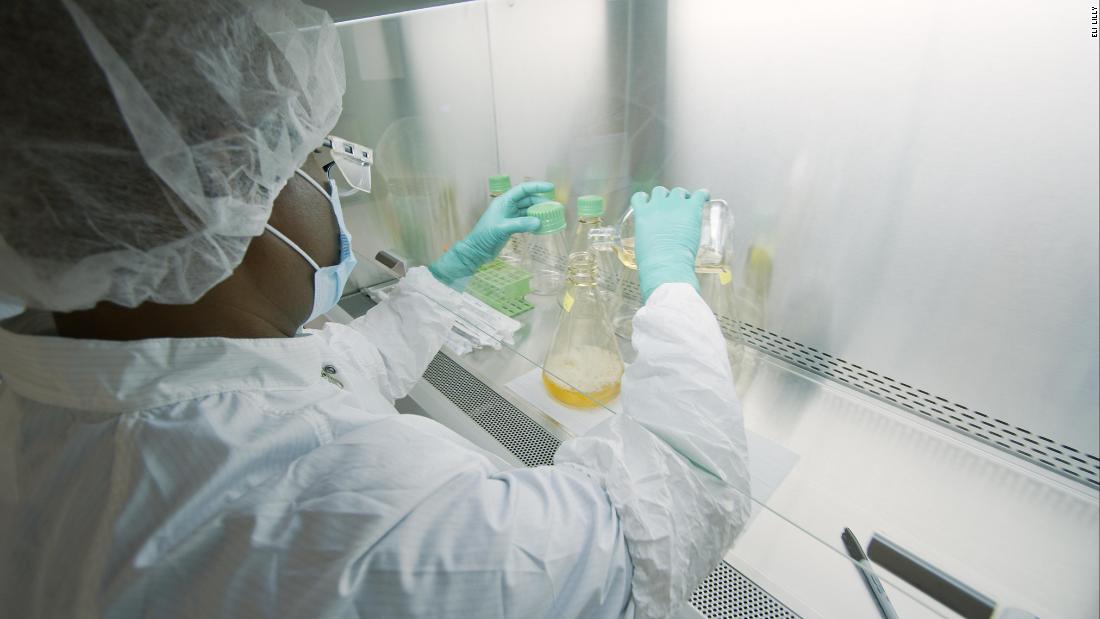The government stopped distributing the treatment on Tuesday.
Last week, the U.S. Food and Drug Administration updated the guidelines to say that the therapy alone may not work as well against the variants. FDA acting commissioner Janet Woodcock said the United States had stopped sending bamlanivimab to Arizona, California and Nevada because of the variants, and the FDA asked companies to evaluate their therapies against the variants.
Bamlanivimab can still be used with etesevimab, another monoclonal antibody treatment developed by Eli Lilly. In combination, the two Eli Lilly treatments appear to work against the coronavirus variants.
Operation Warp Speed invested heavily in treatment throughout its development, and in December, the United States government spent $ 812.5 million to buy 650,000 additional doses of bamlanivimab. The government sent almost 800,000 doses of bamlanivimab by March 2. The updated guidance says that if healthcare professionals want to use their existing supply of bamlanivimab, they can.
“We recognize that the US government has taken the decision to no longer allow direct orders for bamlanivimab due to concerns about the prevalence of the California (B.1.427 / B.1.429) and New York (B.1.526) variants of SARS-CoV -2 “said Eli Lilly in a statement on Thursday; Last week, the United States Centers for Disease Control and Prevention said that California strains are officially “variants of concern” as they can be more transmissible and treatments with Covid-19 may be less effective against them.
“The United States government has made it possible to directly order bamlanivimab and etesevimab together, as well as etesevimab alone, to match the bamlanivimab that call centers have in hand,” Lilly said in the statement. “We believe that sites with access to bamlanivimab and etesevimab for administration together should use this therapy instead of bamlanivimab alone. We remain committed to ensuring that patients who need access to neutralizing antibody therapy can obtain it.”
Clinical trials have shown that the combined treatment of etesevimab and bamlanivimab and antibody therapy by Regeneron appear to significantly reduce hospitalization and deaths among patients with Covid-19 who are treated early in the course of their illness. Regeneron’s antibody cocktail also appears to work against variants in circulation in the United States.
In May, Dan Skovronsky, senior vice president and director of science at Lilly, told CNN that, even at the beginning, he was investigating several antibodies for additional versions of his Covid-19 treatments.
Eli Lilly opted for the single antibody approach in its first treatment because the antibody looked powerful enough. When a treatment requires more antibodies mixed in higher doses, “the manufacturer is more difficult,” said Skovronsky; at the time, there would not be enough capacity to make all the necessary doses.
“The ideal scenario was an antibody at a relatively low dose, but if it has to be two antibodies, higher doses or even three antibodies mixed in higher doses, we will do whatever is necessary to make a drug effective for patients,” Skovronsky said in May.
Lilly is currently working with Amgen to increase etesevimab production.
.Source
Related
